
Disposable face masks and gloves are a plastics nightmare
- Connexions
- 2020-07-24
- 2846
COVID-19 has led to a huge rise in single-use masks and gloves being used around the world, eventually ending up in landfill and in our oceans. We speak to the experts to see what can be done to tackle this global problem.

Wearing a face mask has rightly become the new normal for many, as we try to protect ourselves and others from COVID-19. But the rise in single-use masks and disposable gloves around the world has also come with a huge environmental cost.
“We’ve found masks on beaches all around Hong Kong,” says Gary Stokes, co-founder of Oceans Asia, who first noticed an increase in single-use masks being washed up at the end of February 2020. One of the biggest concerns? That marine life might mistake the masks for food. “We’ve seen whales and dolphins washing up with plastic bags inside their guts,” Stokes says. “A similar thing could happen with these masks.”
It’s a worrying picture seen right across the world, with conservationists from France’s Côte d'Azur to Miami in the US finding COVID-19 waste blighting our coastlines. Researchers from University College London estimate that if every person in the UK used one single-use mask each day for a year, that would create 66,000 tonnes of plastic waste alone.
Single-use masks are typically made from polypropylene, a fossil fuel-derived plastic that can take hundreds of years to break down. Meanwhile, they also shed tiny harmful microplastics into our waterways, which are then consumed by unsuspecting fish (and then us, when we eat seafood). And while disposable gloves made out of latex are biodegradable, ones made out of nitrile and vinyl are not.
But can single-use masks and gloves be recycled? It’s a challenge, particularly as virgin plastic is so cheaply available. “PPE [personal protective equipment] is made from a complex mix of materials that require specific machinery and techniques to recycle,” comments Stephen Clarke, head of communications at TerraCycle Europe, which has launched a new scheme to tackle the problem. “It costs more to collect, separate and recycle the PPE than the value of the resulting recycled material. If the economics don’t work, [authorities] don’t have the incentive to collect and recycle PPE.”
Switch to reusable options instead
Luckily, there are more eco-friendly options on the market, with conscious brands such as Collina Strada making cloth masks out of deadstock or leftover materials. “While in quarantine, there was no access to new fabrications, so we just started making masks based on what was available in the studio and at the cutter,” says Hillary Taymour, the label’s New York-based founder.
The designer has even created a DIY guide so that people can make their own masks using whatever fabric they have at home. “I really hope people will start getting crafty and have fun,” she continues. “They can make masks for their friends, family and community.”
According to experts, reusable cloth masks—which should be washed at 60C to kill any virus particles—are just as effective when it comes to stopping the spread of COVID-19 in non-medical settings. “[For] the person on the street, the cloth masks are perfectly adequate,” says Dr Jane Greatorex, a virologist at the University of Cambridge. “We’re encouraging people to wear masks to protect others around you because you don’t know whether you’re asymptomatic; [cloth] masks stop the larger droplets from leaving you.”
Meanwhile, Dr Greatorex says gloves may give us a false sense of protection and are not required when we’re going about our day-to-day business. “I’m a big advocate for no gloves,” she comments. “If [people] wash their hands, they’re protecting themselves and they’re protecting everyone else.”
The pandemic could speed up future solutions
In hospitals and doctors’ surgeries, though, the use of single-use masks and gloves is more difficult to get around. Medical waste is typically incinerated after use for public health reasons, contributing to greenhouse gas emissions—although other options, such as disinfecting the waste before recycling it, are possible.
Scientists are also looking at more eco-friendly alternatives to the medical masks currently on the market, with researchers at the University of British Columbia currently developing a biodegradable mask made of wood fibres. “[The masks] will be fully biodegradable, made out of just wood,” says researcher Daniela Vargas Figueroa. “We’ll be utilising wood fibres that are fully available here in British Columbia, where we have a very sustainable forest industry.”
Meanwhile, bioplastics (made from natural materials) are another potential alternative, although the unique properties of surgical masks, which prevent tiny virus particles from getting through, are difficult to recreate. “We have to look at if green polymers will be able to do the job or not,” comments Dr David Fengwei Xie, a materials scientist at the University of Warwick. “There’s potential, but we need a lot of investment in that area.”
The pandemic has undoubtedly shone a spotlight on the problem, meaning we could see more sustainable solutions sooner rather than later. “I do believe [that] because of this pandemic, a lot of people will put efforts into this area,” Dr Fengwei Xie says. “Hopefully we will find an alternative in the near future.”
For now, though, we can all do our part by using cloth masks instead of disposable ones — and avoiding single-use plastic where possible. “People can get hold of reusable masks quite easily,” Stokes concludes. “[We don’t want] single-use plastic [to] become the new norm again.”
-
 2022-04-26Are air purifiers environmentally friendly ?
2022-04-26Are air purifiers environmentally friendly ? -
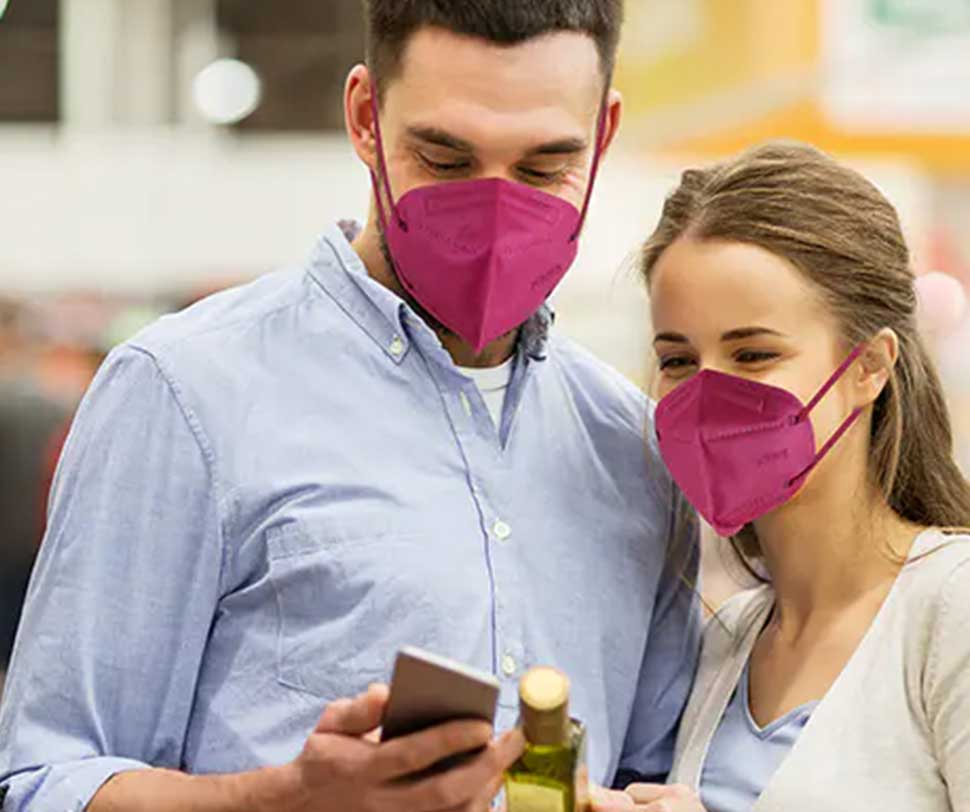 2022-04-26The importance of wearing a mask correctly
2022-04-26The importance of wearing a mask correctly -
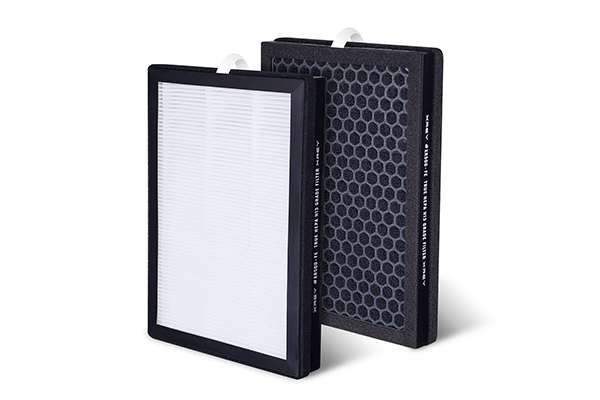 2022-04-27Connexions Air H13 True HEPA Filters
2022-04-27Connexions Air H13 True HEPA Filters -
 2022-04-29What is the use of anion function of air purifier?
2022-04-29What is the use of anion function of air purifier? -
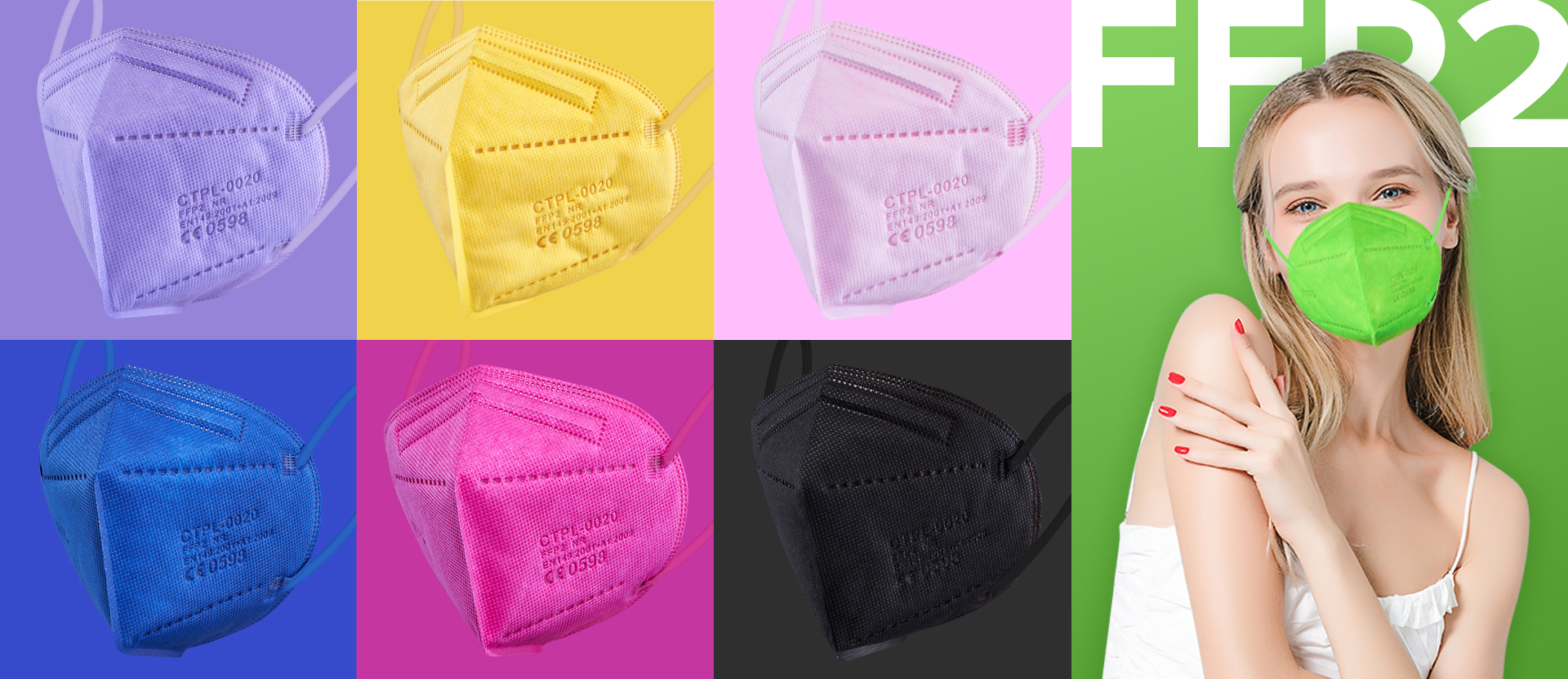 2022-05-08Standardize the wearing of masks, children should not be missed!
2022-05-08Standardize the wearing of masks, children should not be missed! -
 2022-05-16Hazy days, air purifiers are useful?
2022-05-16Hazy days, air purifiers are useful? -
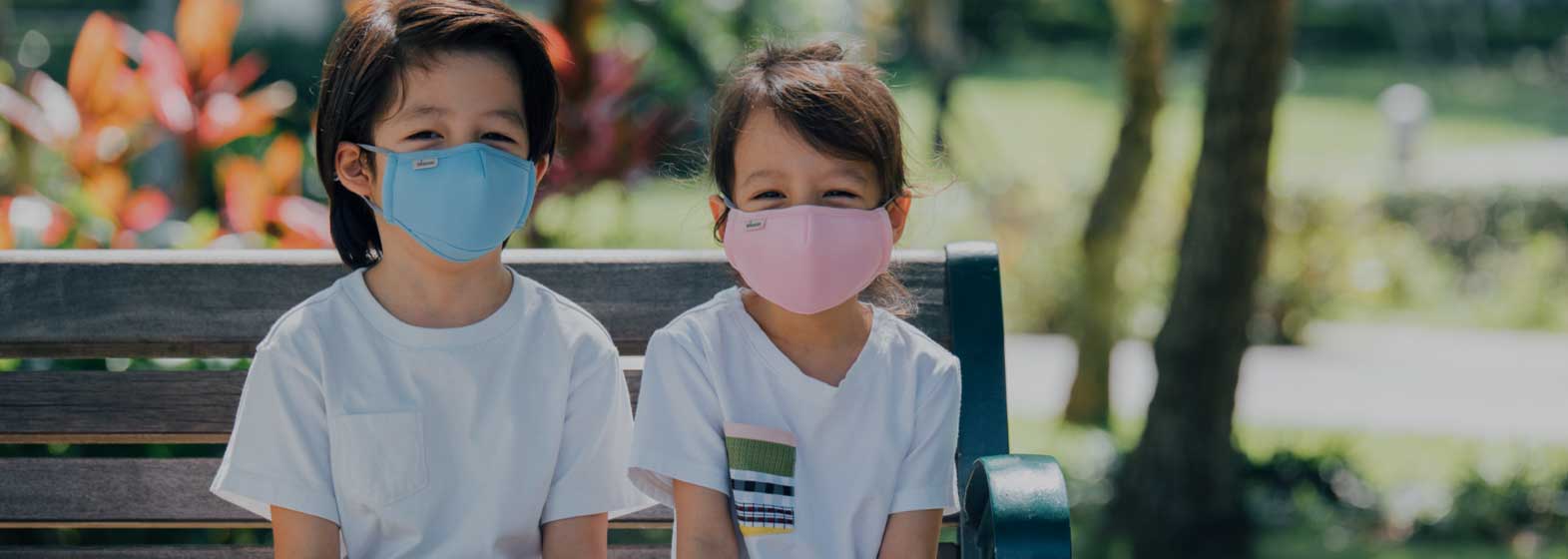 2022-05-16Attention everyone! Don't buy fake FFP2 masks! How do we identify?
2022-05-16Attention everyone! Don't buy fake FFP2 masks! How do we identify? -
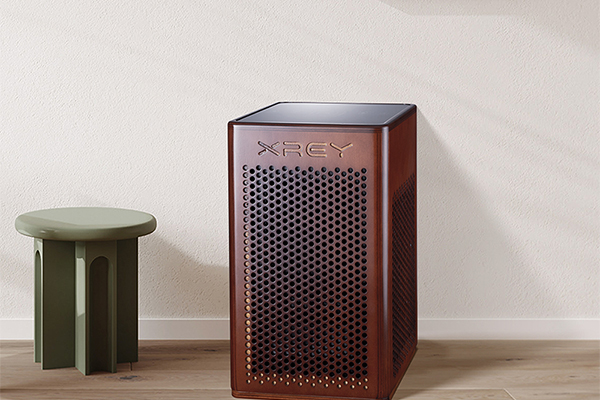 2022-05-17Pay attention to secondary pollution when using air purifiers
2022-05-17Pay attention to secondary pollution when using air purifiers -
 2022-05-17TOP5 pollutants that the purifier can purify
2022-05-17TOP5 pollutants that the purifier can purify
-
 2020-06-02Why do Face Masks Matter With This Coronavirus
2020-06-02Why do Face Masks Matter With This Coronavirus -
 2020-06-02How to Wear Mask
2020-06-02How to Wear Mask -
 2020-06-02Three Principles of Choice of Masks
2020-06-02Three Principles of Choice of Masks -
 2020-06-022020 Situation of Mask Market
2020-06-022020 Situation of Mask Market -
 2020-06-17What other preventative measures can you take to protect yourself from airborne substances?
2020-06-17What other preventative measures can you take to protect yourself from airborne substances? -
 2020-06-08The Advantage of Disposable Face Masks
2020-06-08The Advantage of Disposable Face Masks -
 2020-06-093 Ply Disposable Face Mask & Soft & Comfortable Ear Loop
2020-06-093 Ply Disposable Face Mask & Soft & Comfortable Ear Loop -
 2020-06-17What are the regulations for surgical face masks?
2020-06-17What are the regulations for surgical face masks? -
 2020-06-09Do I need to wear a face mask if I am quarantined?
2020-06-09Do I need to wear a face mask if I am quarantined?
CONTACT US


Connexions Technology (Dongguan) Ltd.
We are always providing our customers with reliable products and considerate services.
If you would like to keep touch with us directly, please go to contact us
